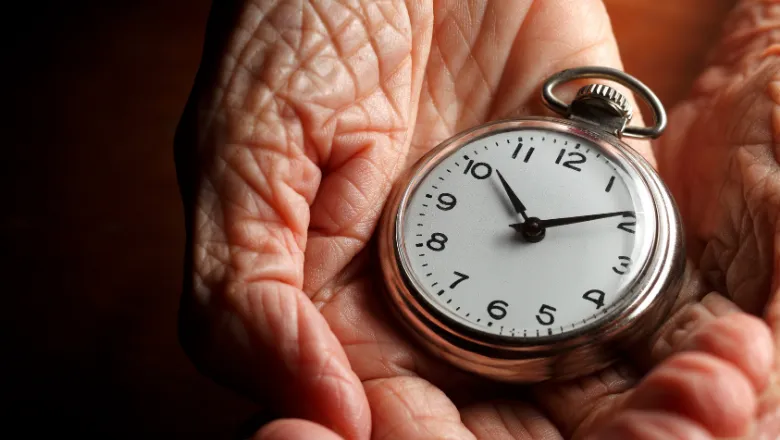I am excited to be part of the CircadiAgeing team, comprised of world-leading researchers in the field of circadian biology. With my research group, I am looking forward to learning and contributing to the project with our perspective on mitochondrial biology during the ageing of the nervous system.
Dr Alessio Vagnoni, Lecturer in Cellular Neuroscience
12 December 2024
CircadiAgeing Research Programme Awarded £4.4 million by BBSRC
The inter-university programme will look into the role of circadian rhythms in ageing through interdisciplinary approach

The research programme CircardiAgeing has been awarded £4,456,282 by the Biotechnology and Biological Sciences Research Council (BBSRC) to investigate the role of circadian rhythms in healthy ageing. The programme received funding from the sLoLa (strategic Longer and Larger grant) scheme, which supports teams in pursuing ambitious, multidisciplinary team-based bioscience research.
Circadian rhythms (the internal 24-hour body clock) are fundamentally important for life and are conserved from fruit flies to humans. However, circadian rhythms become weaker as we age, leading to poorer sleep and contributing to diseases.
Circadian rhythms are determined by a group of genes that are termed the molecular clock. These genes control the circadian expression of a second group of genes, the membrane clock, which encodes ion channels/receptors that drive changes in electrical activity. While the molecular clock is well understood, there has been little research on the membrane clock.
The CircadiAgeing programme aims to decipher the conserved components and mechanism of the membrane clock. The programme will look at the relationship between the molecular and membrane clocks, the effect of ageing, and whether interventions to reverse the effect of ageing on these clocks can rejuvenate circadian rhythms and extend healthy ageing. Deciphering the membrane clock is crucial because the membrane clock is made up of channels and receptors, which are candidates for drug targets.
CircadiAgeing will take a holistic approach to understand how the circadian clocks work at the molecular, cellular, systemic and behavioural levels across the life course. The programme uses a unique interdisciplinary approach based on prior work and world-leading expertise in animal models and frontier bioscience tool development.
The programme, funded for 60 months, is a collaboration between Professor James Hodge (University of Bristol), Dr Mino Belle (University of Manchester), Dr Marco Brancaccio (UK Dementia Research Institute at Imperial College London), Professor Hugh Piggins (University of Bristol), Professor Krasi Tsaneva-Atananova (University of Exeter), and Dr Alessio Vagnoni (King's College London).
Dr Alessio Vagnoni, Lecturer in Cellular Neuroscience at King's, will oversee the part of the programme focusing on imaging mitochondrial function and dynamics. This includes developing new tools to study the contribution of mitochondria to circadian biology during ageing.

